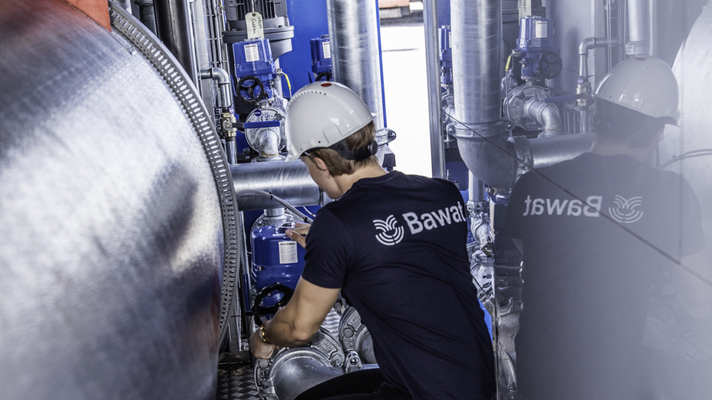Danish firm Bawat has devised a ballast water treatment system that uses pasteurisation.
Untreated ballast water has been identified as the second biggest threat to global biodiversity after climate change. The ratification of the IMO’s Ballast Water Management (BWM) Convention, in conjunction with strict regulations from the United States Coast Guard (USCG), means that more than 60,000 vessels in the world fleet are now required to install BWM solutions.
Using Pasteurisation
Bawat chose to use an existing technology that has been used for more than 150 years: pasteurisation or, in other words, heating the water.
Kim Diederichsen, CEO of Copenhagen headquartered Bawat says the system 'is effective, easy to operate, cheap to run and straightforward to maintain. Essentially it works by heating the ballast water to eliminate any potentially harmful organisms. The process is effective at temperatures as low as 64 degrees centigrade. That’s it. No need for any chemicals, UV, filtering or post treatment holding time, and effective with just a one-pass solution.'
'Green' Heat
The heat for the pasteurisation process is obtained from a "green" source: waste heat produced by the engine.
Portside Plug in
In a further development, the company has also developed a contingency, or portside, solution whereby vessels can simply "plug in" and pass untreated ballast water through a containerised version of the Bawat system. This can be used if operators have issues with their existing systems from different manufacturers or, in a bold step, if they choose not to install systems at all.








